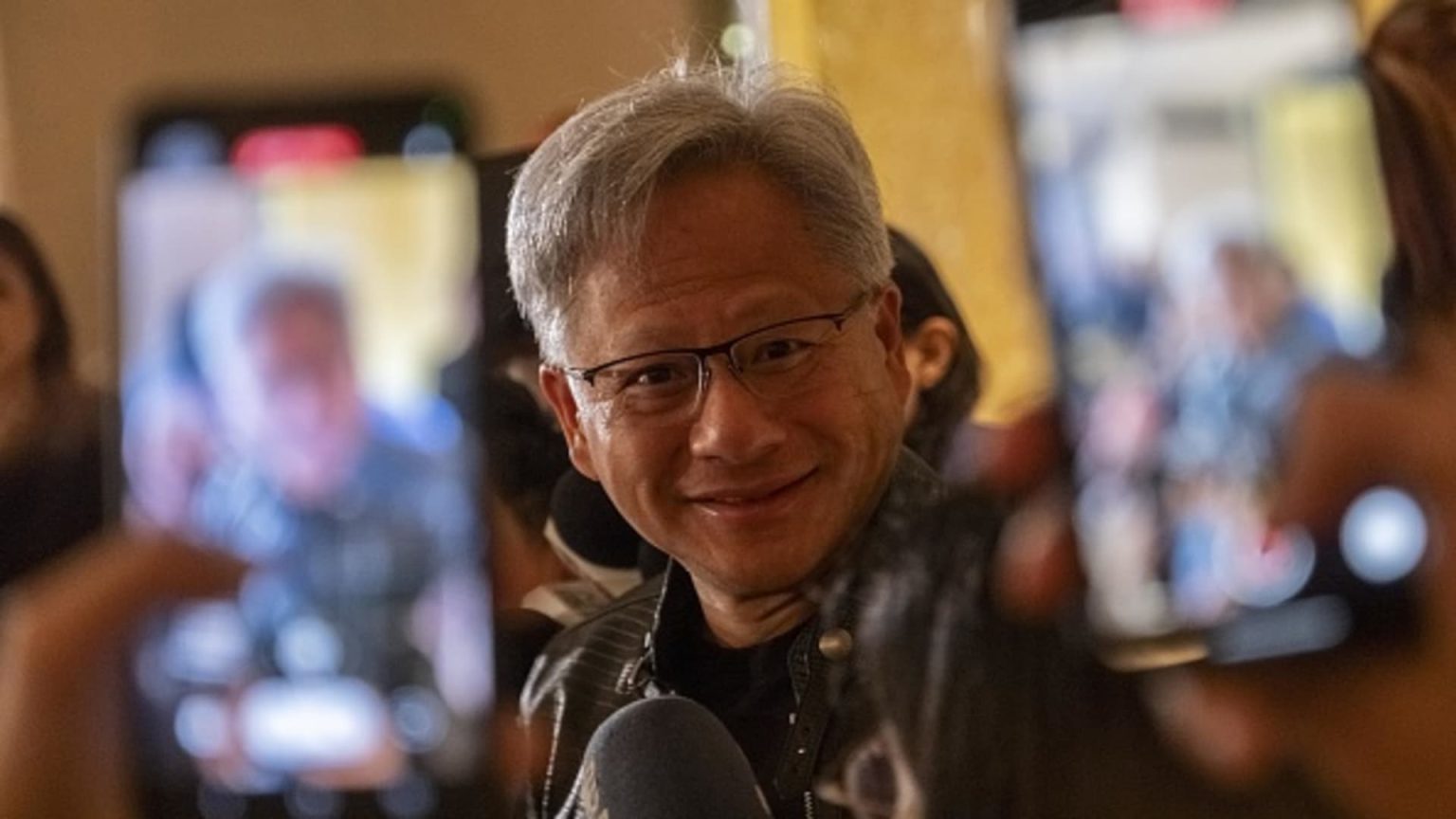Nvidia CEO Jensen Huang is known for his demanding and perfectionist leadership style, which he believes is necessary for achieving extraordinary results. Despite being seen as tough and not easy to work for, Huang has no regrets about his approach to leading one of the largest companies in the world. He prefers to have fewer direct reports to avoid unnecessary layers of management and expects senior executives to operate independently with little guidance. While his tactics may be controversial in the age of the empathetic leader, experts argue that Huang’s resilience is key to the success and longevity of Nvidia.
Huang’s immigrant background has influenced his task-oriented leadership style, emphasizing hard work, setting ambitious goals, and closely monitoring performance. Having experienced challenges from a young age, including relentless bullying and working menial jobs, Huang approaches running Nvidia like a machine, focused on efficiency and productivity. While this approach has proven successful for decades, some experts suggest that he may overlook the importance of empathy and people skills in his leadership style. Recognizing and meeting the wellbeing needs of employees can be demanding, requiring time and energy that may be lacking when managing 50 direct reports.
Despite Huang’s rigorous leadership style, workers at Nvidia seem to appreciate the opportunity to work for a high-profile company and choose to remain with the company. His ability to challenge employees and draw out peak performance aligns with his task-oriented approach, but there may be room for improvement in terms of recognizing and valuing employees as individuals. The demanding nature of empathetic leadership requires effort in forming and maintaining relationships, which may be challenging for a leader with a large number of direct reports to manage. Balancing task-oriented leadership with people-focused leadership can lead to a more effective and sustainable leadership style.
Critics argue that Huang’s relentless leadership style may not be sustainable in the long run, especially considering the high turnover rate in the tech industry and the competitive market for talent. While there are always individuals eager to work for a company like Nvidia, the revolving door of talent coming through may indicate that Huang’s approach could drive talented employees away. Finding a balance between setting high expectations and valuing employee wellbeing can be a challenge, particularly when time and resources are limited. Huang’s resilience and determination have served him well over the years, but there may be opportunities for growth and improvement in his leadership style moving forward.


